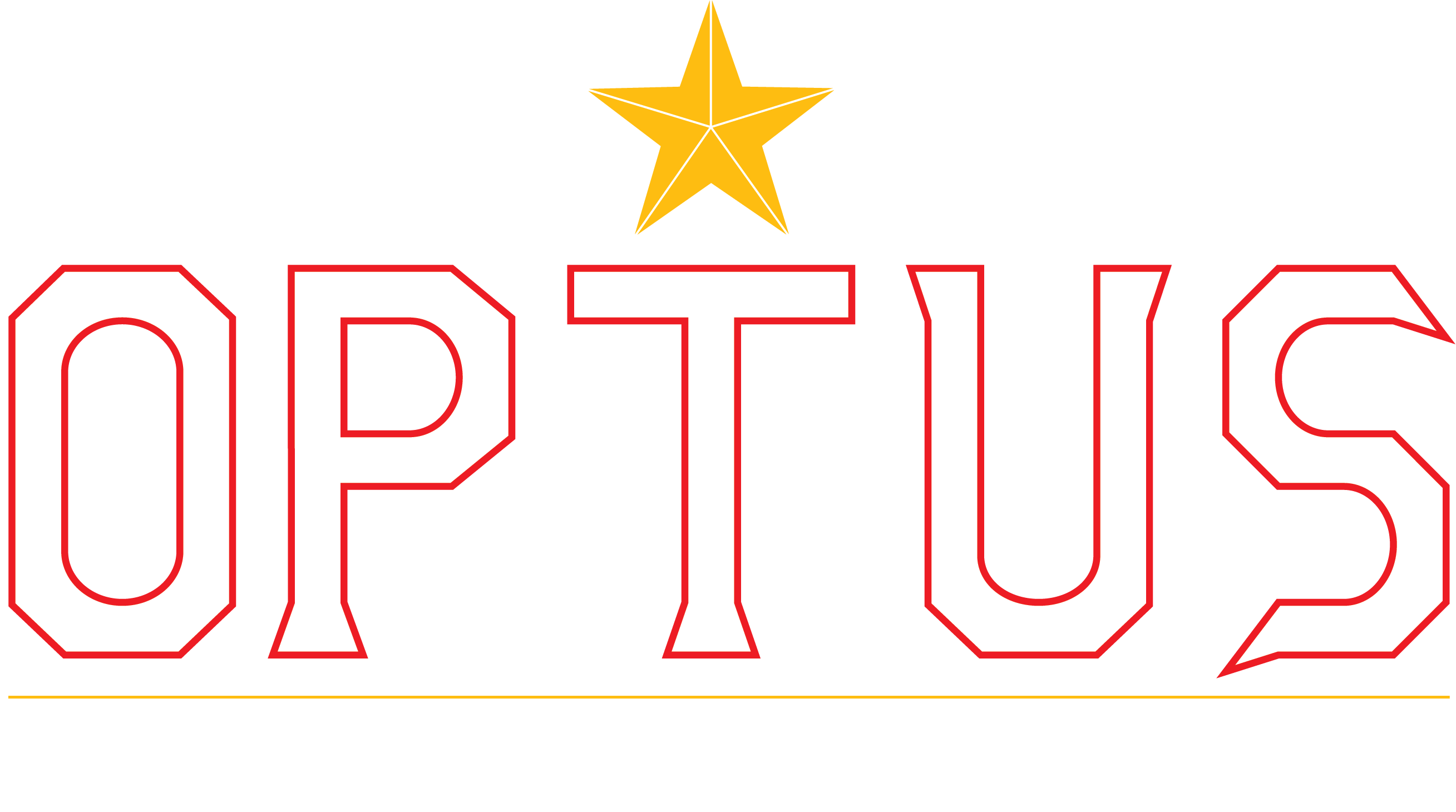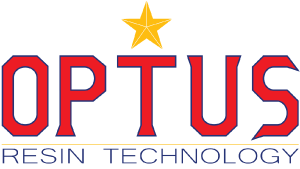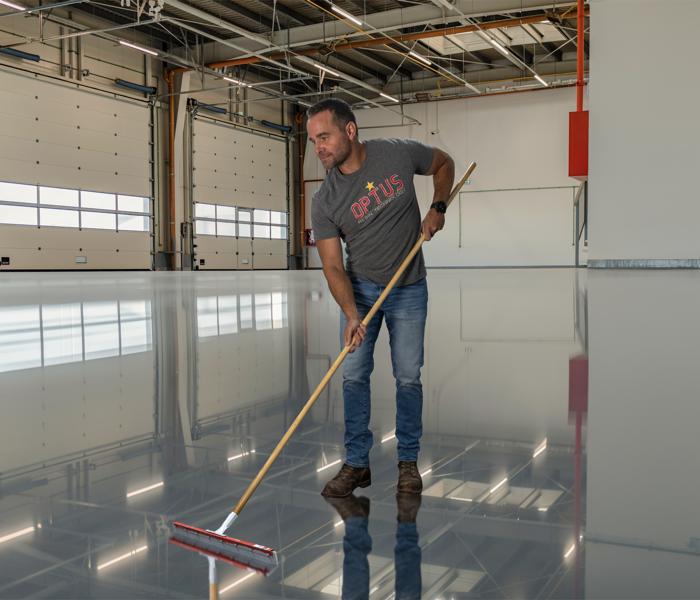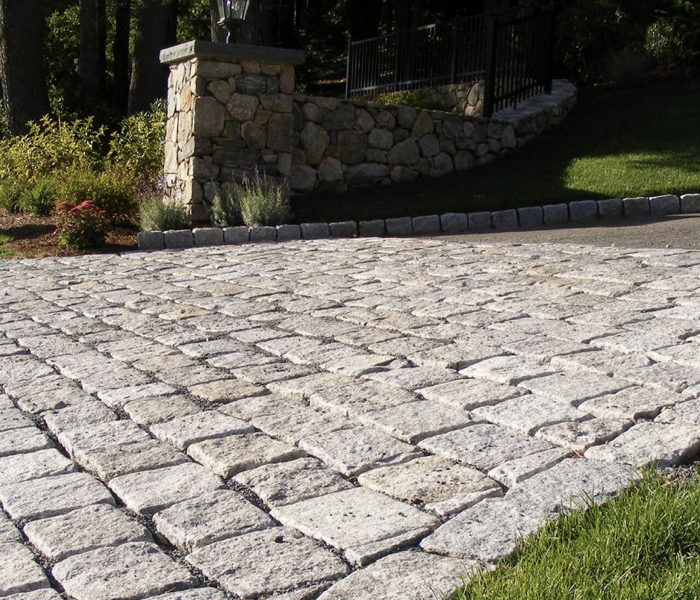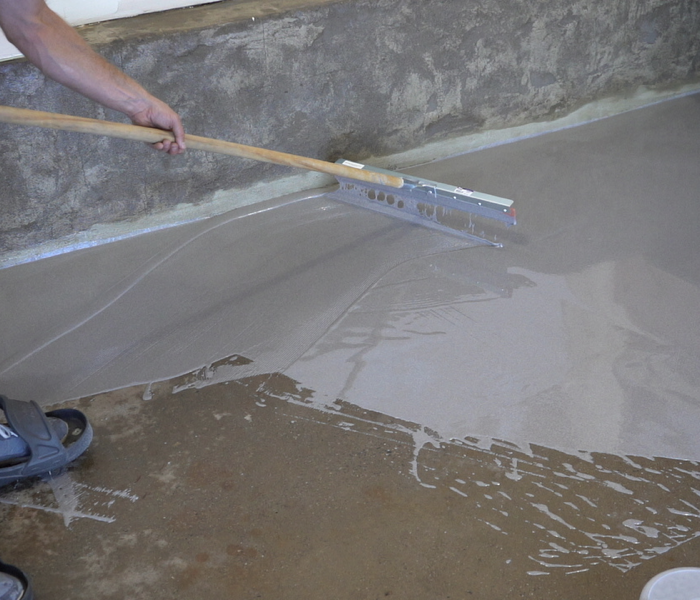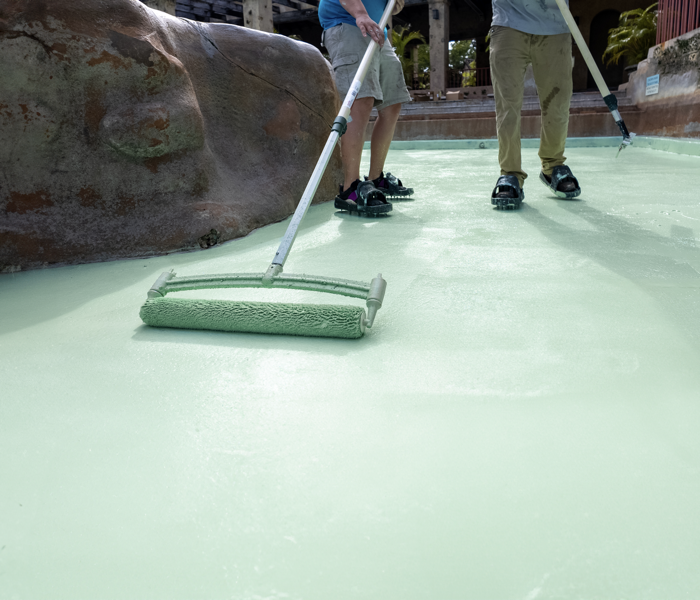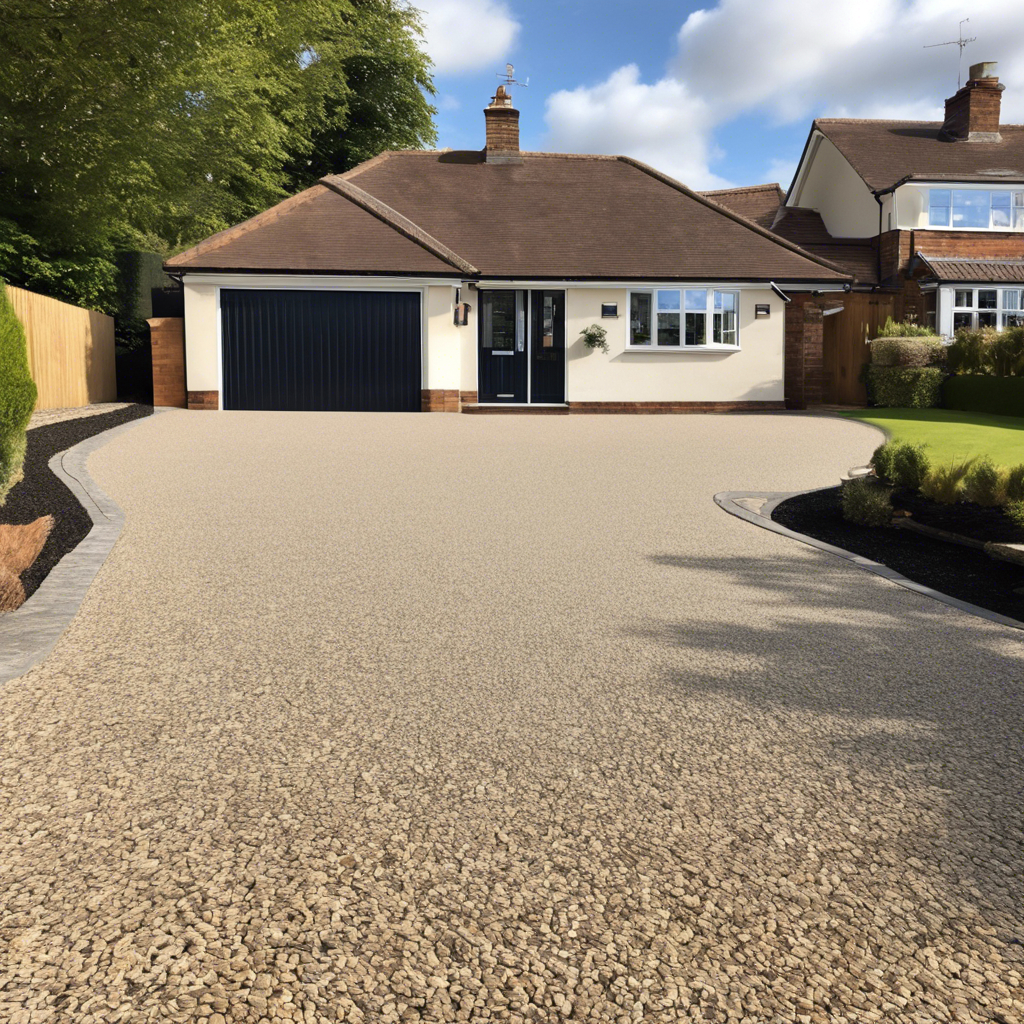
Choosing between resin bound and bonded surfaces can be tricky. Both have unique benefits for driveways and paths. This article breaks down the differences, helping you decide which is best for your needs.
Key Features of Resin Bound Surfaces
Resin bound surfaces offer excellent water permeability and effective water management. They also provide a wide range of colors for creating attractive resin driveways.
Permeability and Water Management
Permeability plays a crucial role in effective water management for resin bound surfaces. These eco-friendly surfaces allow water to drain through, making them highly permeable. This quality prevents puddles by ensuring that surface water can swiftly move away from the surface and into the ground beneath.
As a result, resin bound driveways offer a sustainable solution to stormwater management, aligning with sustainable urban drainage solutions.
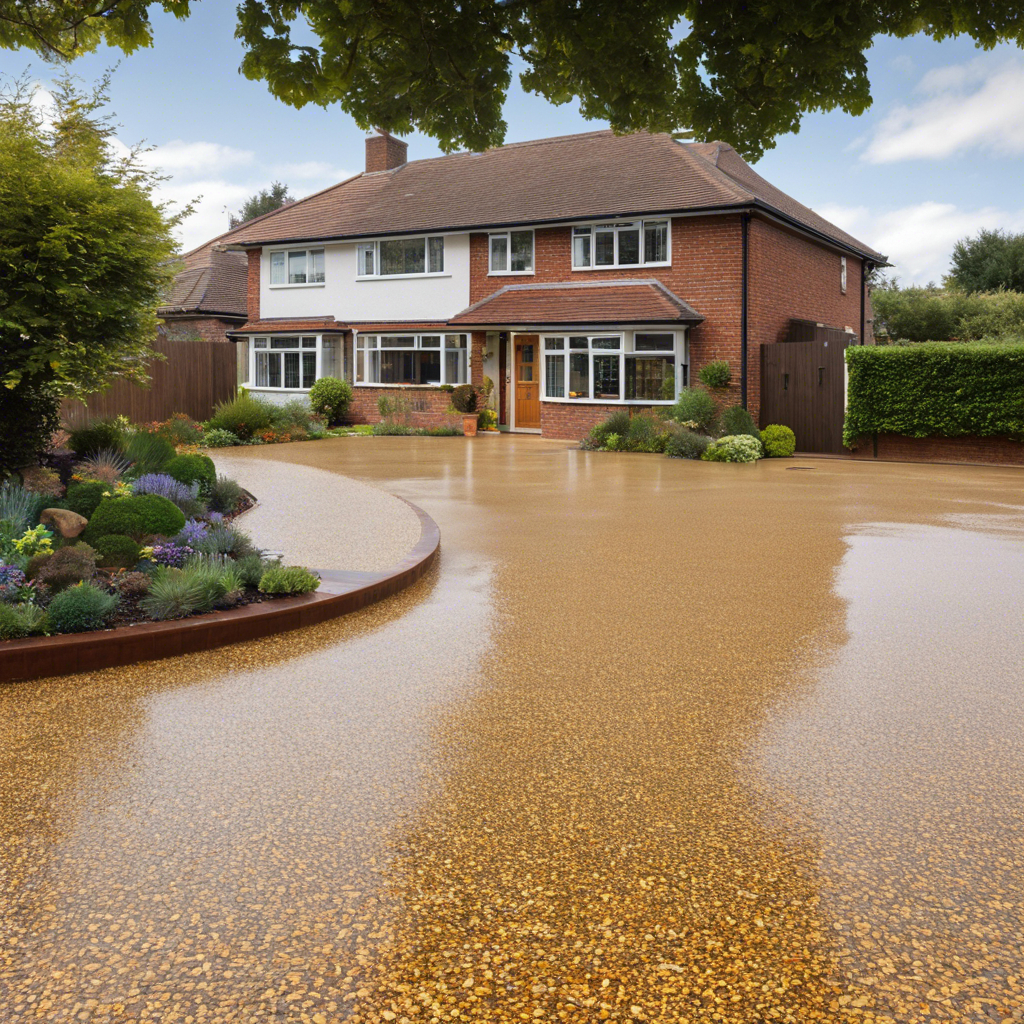
By adopting permeable paving techniques, installations of resin bound driveways on porous bases contribute significantly to sustainable drainage systems. They not only manage rainwater effectively but also reduce the risk of flooding by facilitating natural groundwater recharge.
Such features position resin bound surfaces as superior choices for areas requiring efficient water management while promoting an environmentally conscious approach to landscaping and paving projects.
Aesthetic and Finish
Resin Bound surfaces stand out for their decorative surfacing, delivering an aesthetic that combines visual appeal with functionality. They offer a seamless finish, ensuring a smooth and consistent look across any area they cover.
This type of surface excels in offering design options that can accommodate various tastes and preferences, making it possible to achieve a custom look that complements the surrounding environment.
The variety of color options for Resin Bound driveways further enhances their attractiveness, allowing homeowners to select hues that best match their property’s exterior or landscape design.
The aesthetically pleasing appearance is not just about color but also includes the texture and consistency of the surface finish. These elements work together to create a visually appealing outdoor space that impresses at first glance while promising durability and ease of maintenance over time.
Key Features of Resin Bonded Surfaces
Resin bonded surfaces offer a textured and visually appealing appearance, providing an alternative option to resin bound surfaces. They are known for their cost-effectiveness when compared to other surfacing options.
Texture and Appearance
Resin bonded surfaces are designed to provide a textured finish, resembling loose gravel across the surface. The rough and uneven texture creates a unique aesthetic quality, as well as distinctive performance qualities.
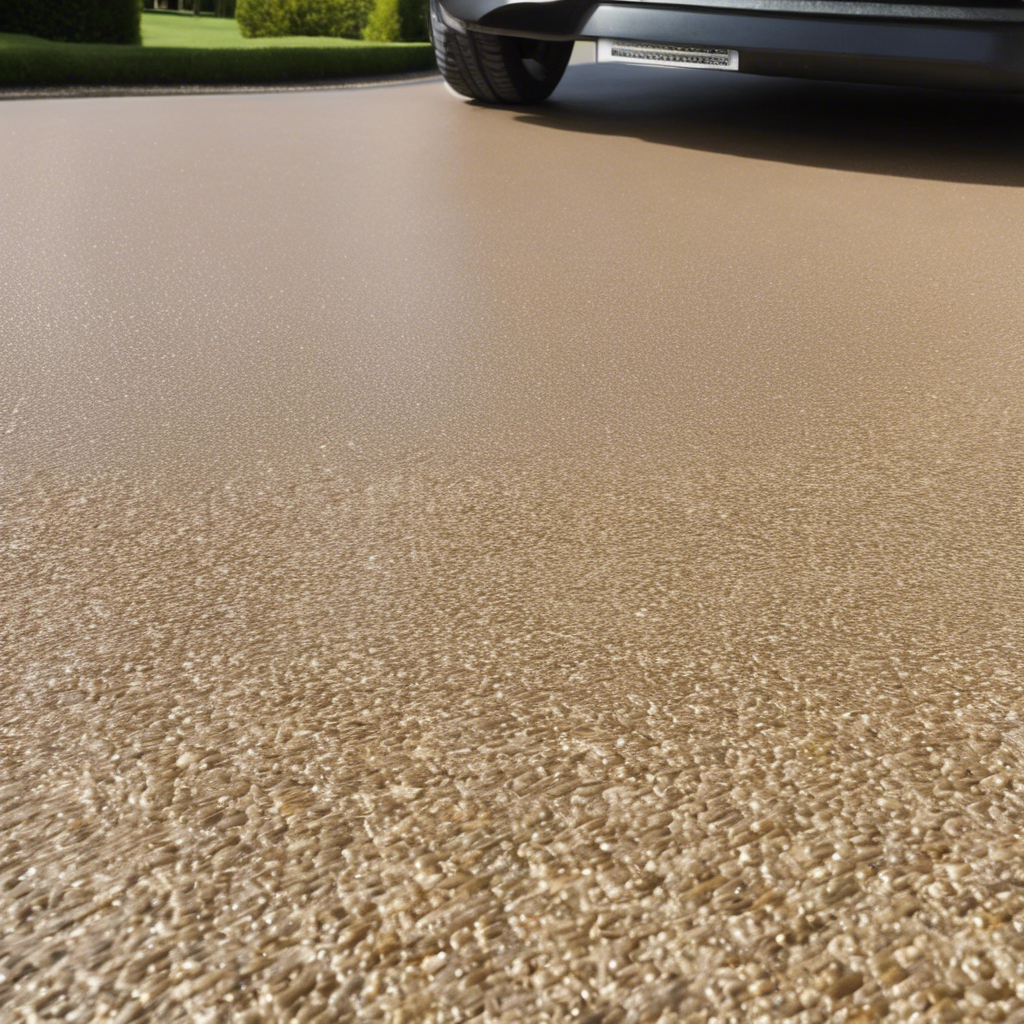
This appearance is achieved by spreading a layer of resin on the surface which bonds with the aggregate spread.
The texture and appearance of resin bonded surfaces offer an alternative option to resin bound surfaces, catering to those seeking more than just a smooth finish for their driveways or pathways.
Cost-effectiveness
Resin bonded driveways offer a cost-effective solution for homeowners. Their affordability makes them an economical choice, providing value for money with their initial investment and long-term savings.
This financially prudent option ensures a return on investment without compromising quality or durability.
Conclusion: Which is Better?
Resin bound surfaces offer a consistent finish, making them an excellent choice for high-traffic areas. Additionally, resin bound surfaces are highly permeable and manage water effectively, providing durability and suitability for various applications.
On the other hand, resin bonded surfaces excel in cost-effectiveness while offering a textured appearance. Their suitability for low-traffic areas adds to their effectiveness as a surfacing option.
In terms of preference, both options cater to different needs based on factors such as foot traffic and budget considerations. The superior consistency of resin bound surfaces makes them well-suited for areas with heavy use, while the cost-effectiveness of resin bonded surfaces presents an advantage in low-traffic settings.
Ultimately, the choice between the two depends on desired aesthetics, permeability requirements, and maintenance considerations.

FAQs
Resin bound surfaces consist of smooth, permeable stones mixed with resin, providing a flat finish. Resin bonded surfaces involve scattering loose stone onto resin-coated surfaces, creating a textured appearance.
Resin bound surfaces allow water to drain through the system due to their porous nature, offering superior drainage compared to resin bonded surfaces.
It is recommended to have these surfaces installed by professionals with experience in preparing and laying the materials for optimal performance and durability.
Resin bound surfacing generally requires less maintenance as it does not loosen over time like resin bonded systems do.
Resin bound surfacing tends to offer greater longevity as it remains intact without loosening over time, whereas loose stone on a resin bonded surface may require periodic reapplication of the bonding agent for upkeep.
